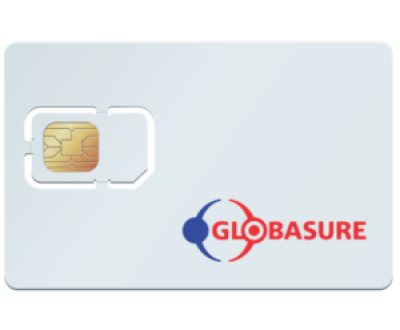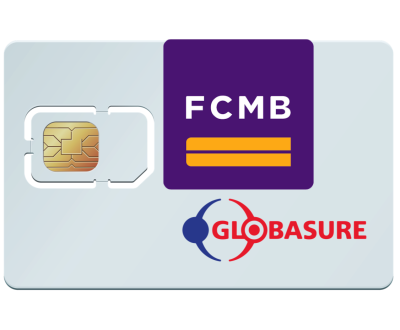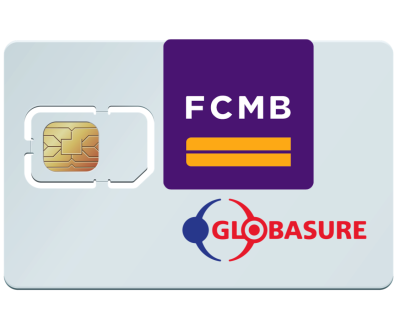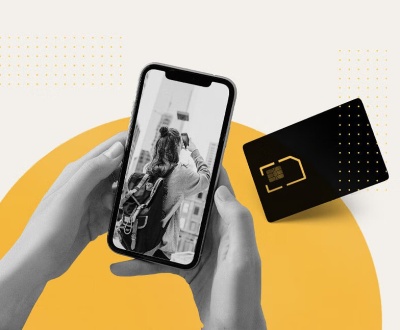It’s surprising to think that something as widespread as chip and PIN hadn’t really made any tentative steps outside the safe haven of brick-and-mortar stores until very recently. Up until last year, customers were still paying tradesmen, small stores and market stallholders exclusively by cash or cheque.
The world of chip-and-PIN machines is certainly a costly one, and for good reason.
Dealing with encrypted financial transactions is hardly a walk in the park, and it requires a certain amount of processing and data muscle to work. Smaller businesses have been priced out of the market for many years, which is why you so often see minimum spends on card transactions.
But with the continued expansion of the smartphone market, many people are now carrying half of the ingredients required for a portable and affordable remote card payment system, namely the brain and the data connection.
The market is now looking rather crowded, with plenty of companies including: Ingenico, iZettle, WorldPay and soon even PayPal offering similar devices, all of which include a one-off fee for the purchase of the hardware and then scrape off 2.75 percent of every transaction taken after that.
Payleven is another business making its way into the hands of smaller enterprises; the Berlin-based company began operating last year and received a large investment boost that is rumoured to be in the “tens of millions of euros”, and can now be found in Apple Stores across Europe.
UK chief executive of Payleven, Ian Marsh, says that this new style of device certainly appeals to the 1.3 million small and medium businesses in the UK that don’t have card readers due to the prohibitive costs of up to £600 per year, but there’s also the cool factor.
“Who wants this cool little device rather than this big clunky box?” he said. And that’s where his company is making headway, with a small and light device that integrates with industry-standard retail systems such as Micros, and has an open API that allows the IT staff of larger companies to tailor the device to their own needs. Payleven machines can now be found in 10,000 businesses worldwide.
But it is the small businesses that will see the most benefit; electricians, mobile hairdressers and everyone in between can avoid awkward moments resulting from clients not having enough cash, or a lack of change. But how do normal consumers feel when their plumber produces what looks like a toy chip-and-PIN machine from their jacket pocket?
A look at an electricians’ forum reveals that some tradespeople aren’t quite there yet. “It’s very tempting to try these modern chip-and-PIN systems out, but I do wonder how much customers would trust swiping their credit card on my phone,” one user wrote. “I think I’ll just stick to cash cheque and the Pingit idea for now.”
This user has stumbled upon the other potential rival to traditional chip-and-PIN machines. Payments which take place on smartphones using the internet, such as Barclays PingIt are making serious progress themselves. Indeed, just last month Barclays announced £10bn transferred through its mobile app roster.
In the end, however, it’s not about one system being better than another. As is always the way, it is about whatever is more practical and trustworthy for the most important person in the chain: the consumer.
Globasure is a provider of simple, smart payment solutions.
More from our blog
See all postsRecent Posts
All Website Tags
Leave a Comment cancel
This site uses Akismet to reduce spam. Learn how your comment data is processed.








 WhatsApp us
WhatsApp us